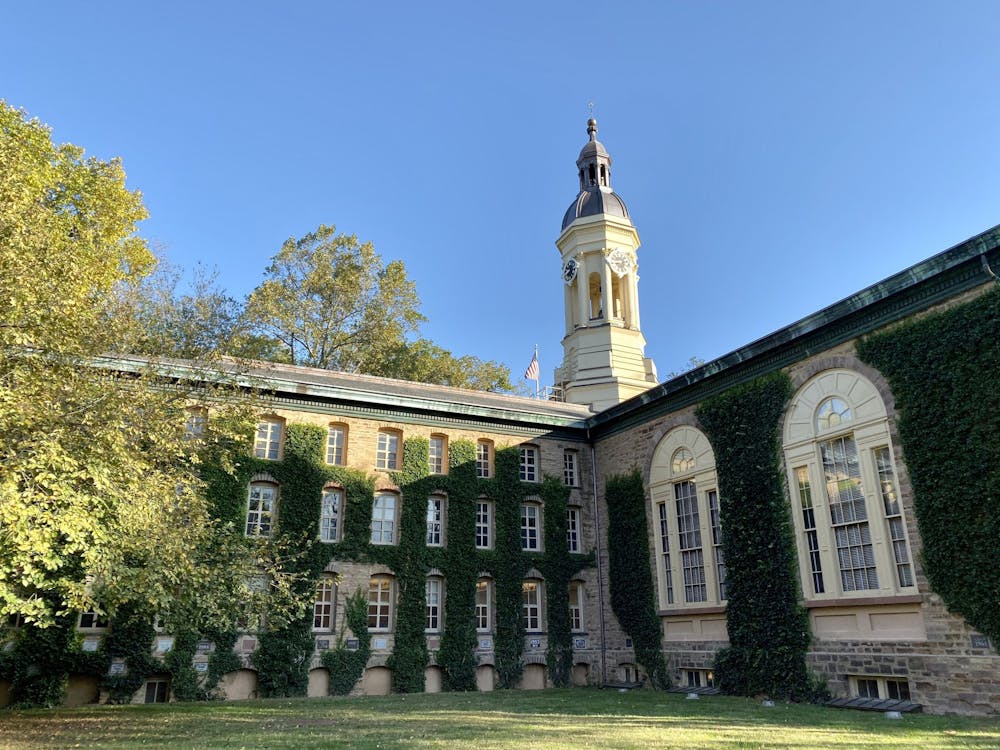The following is a guest contribution and reflects the author’s views alone. For information on how to submit an article to the Opinion Section, click here.
To the editor:
I am sorry to hear of the experience recounted by an anonymous student in a Jan. 26 opinion piece. The University seeks to support any member of the campus community who has experienced sexual misconduct. While I cannot address this or any student’s individual situation publicly, I would like to take this opportunity to share some information regarding Princeton’s response to sexual misconduct.
All students, regardless of where or when sexual misconduct occurred, have access to supportive measures, including confidential counseling, academic support, housing changes, etc. It is not necessary to pursue a formal investigation in order to receive supportive measures. In many cases, students can also seek an alternate resolution that is less complex and time-consuming.
As a point of clarification, if a complainant files a formal complaint of sexual misconduct prior to a student respondent’s graduation and the University determines that the allegations, if substantiated, would constitute prohibited conduct under University policies, the University conducts and completes an investigation and adjudication. If necessary, the respondent’s diploma could be withheld until the investigation is completed (and, if the respondent should be subject to a sufficiently severe disciplinary sanction, the diploma may not be granted). If a complainant files a formal complaint after a respondent has graduated, the University does not have jurisdiction to take formal disciplinary action. However, under certain circumstances, a long-term persona non grata (PNG) can be issued. In either situation, complainants are provided with supportive measures as well as information regarding making a report with the Department of Public Safety or local law enforcement.
Princeton’s efforts to prevent sexual misconduct and support those who have experienced sexual misconduct are ongoing projects. Individuals who would like to learn about this important work may reach out to my office as well as review information provided on our websites: Sexual Misconduct & Title IX at Princeton University and Sexual Misconduct/Title IX Investigations. In addition, those who have experienced sexual misconduct are encouraged to reach out to the Sexual Harassment/Assault Advising, Resources and Education (SHARE) office for confidential support. We share our students’ commitment to making the University a safe environment for all.
Michele Minter is Vice Provost for Institutional Equity and Diversity. She can be reached at mminter@princeton.edu.








